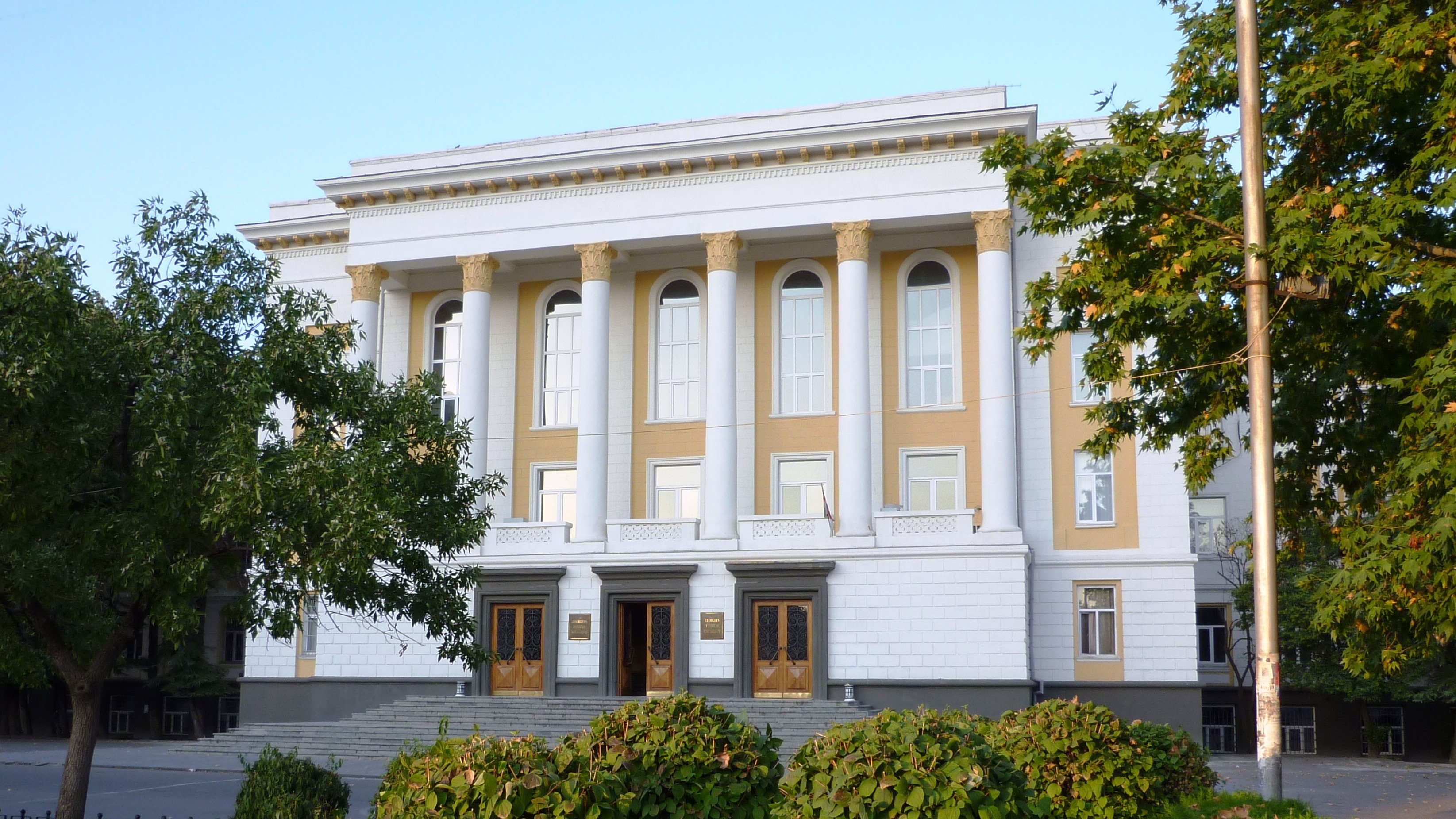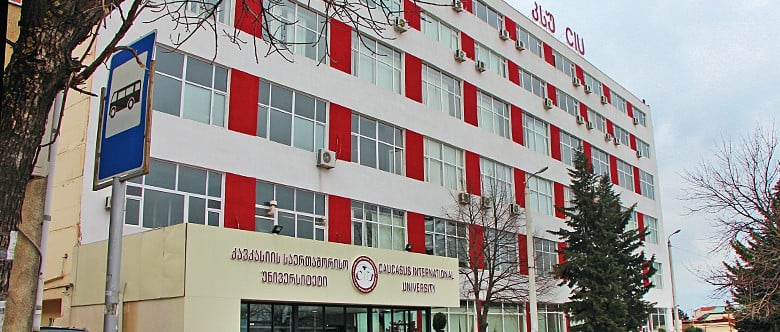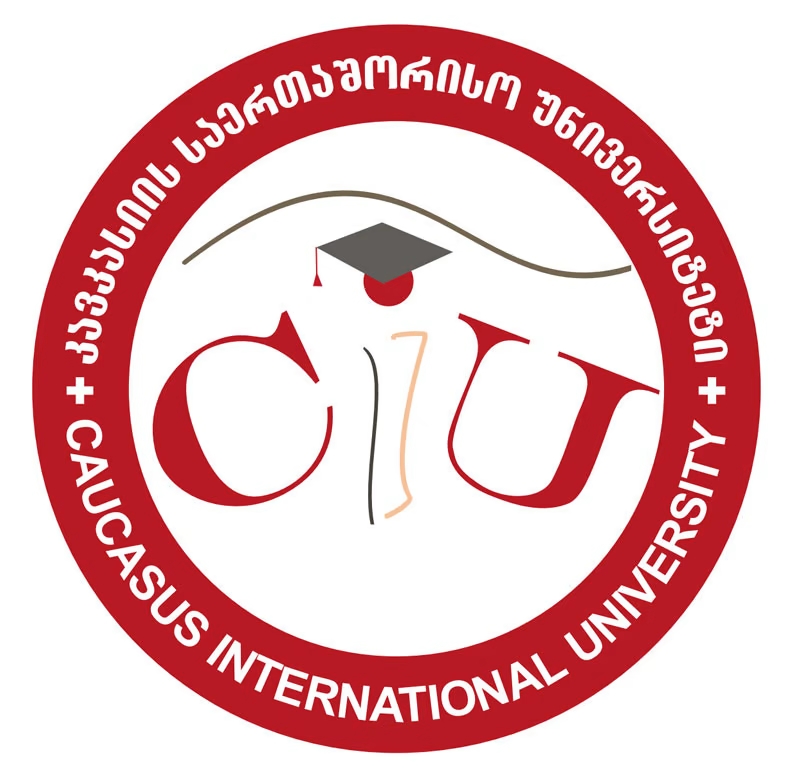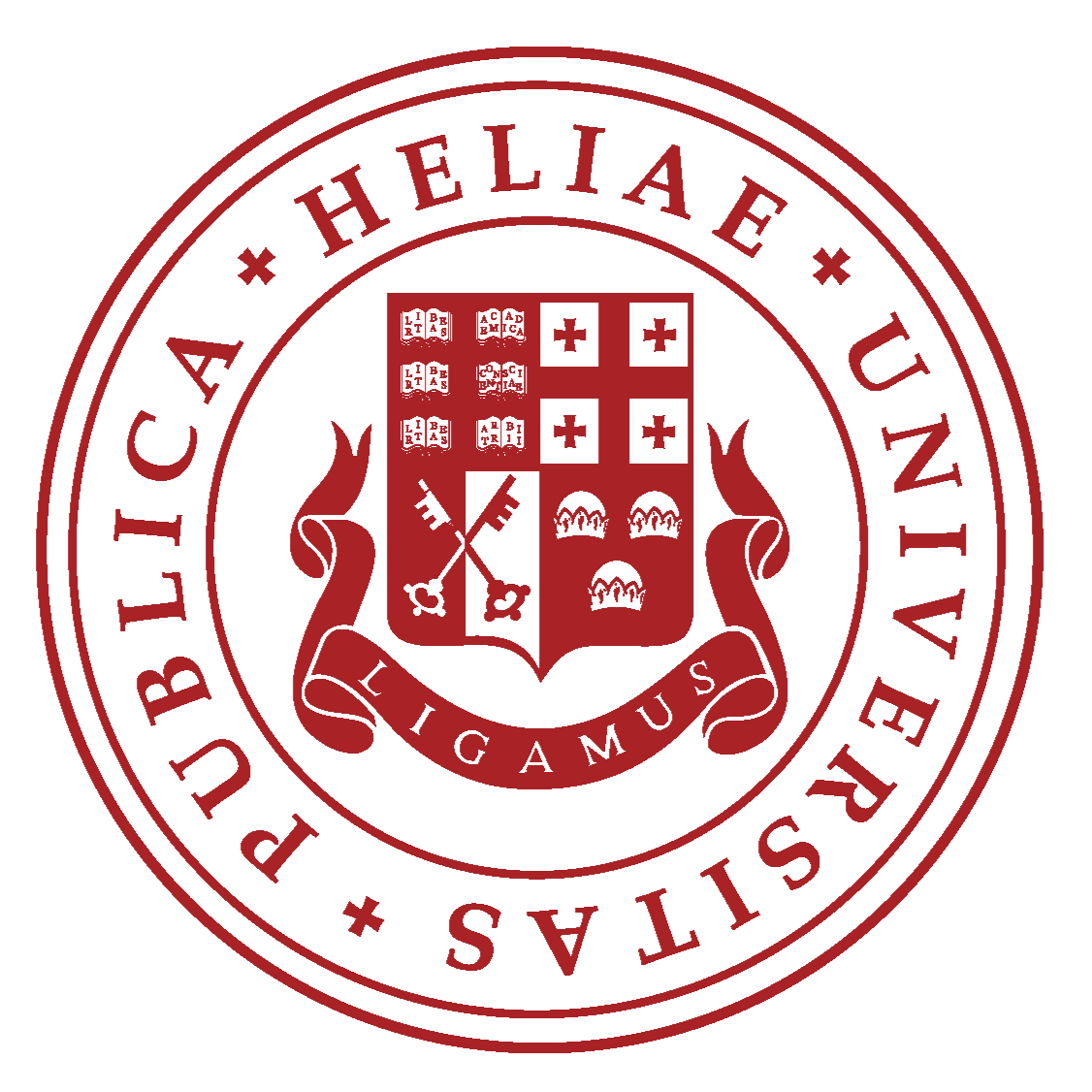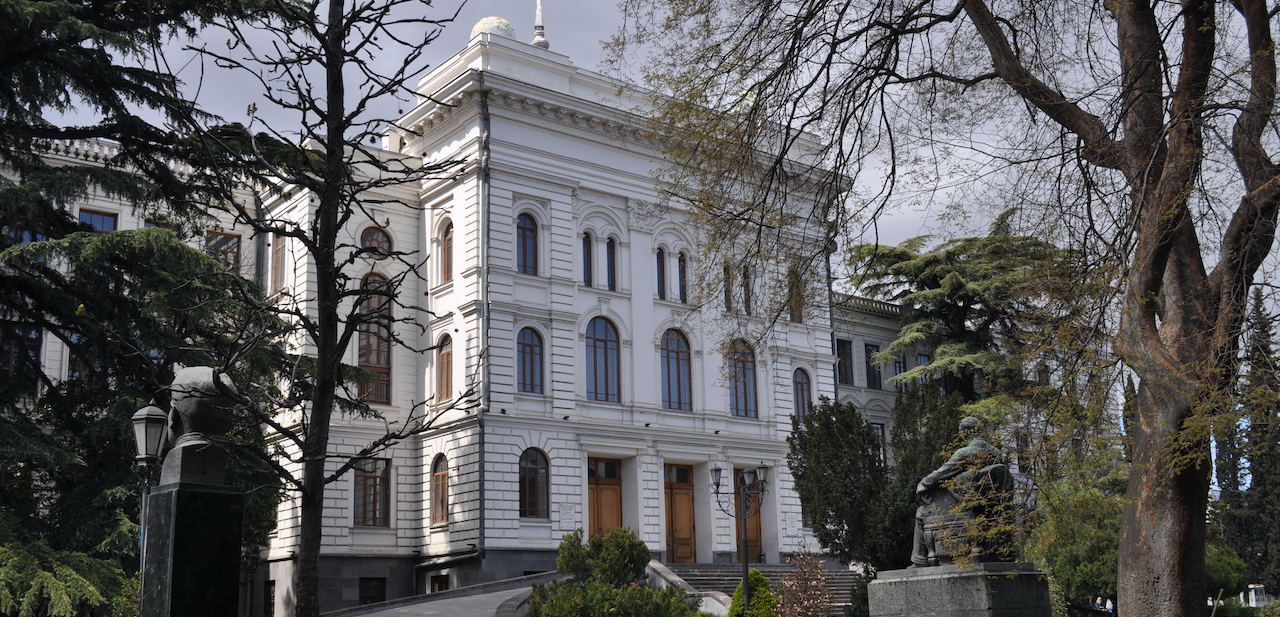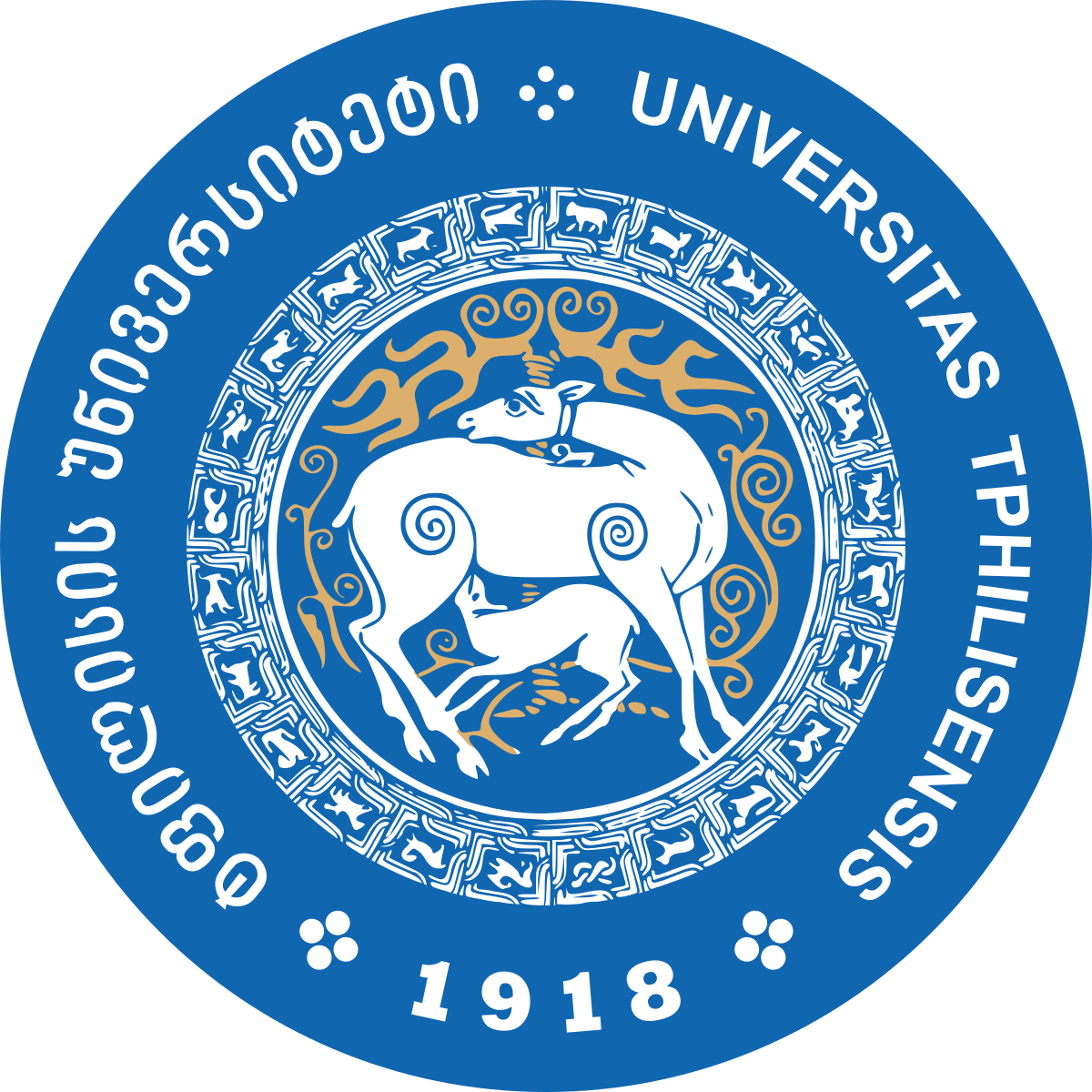Georgian Technical University
About Georgian Technical University University
Georgian Technical University (GTU), established on January 16, 1922, is the largest technical university in Georgia, located in the capital city of Tbilisi. Initially founded as a polytechnic faculty of Tbilisi State University, it became an independent institution in 1928 and achieved university status in 1990
In the QS World University Rankings 2025, GTU is ranked between 901 and 950 globally. In the QS World University Rankings for Emerging Europe and Central Asia (EECA) 2022, it was ranked between 251 and 300.
Programs
- Bachelor
- Master With Thesis
- PhD
Fine Arts Design and Architecture
 English
English
 English
English
 Russian
Russian
Sciences and Mathematics
 English
English
 Russian
Russian
Engineering
 English
English
 English
English
 English
English
 English
English
 English
English
 Russian
Russian
Social Sciences and Political Sciences
 Russian
Russian
Economics and Business
 Russian
Russian
Postgraduate
 English
English
 English
English
 English
English
 Russian
Russian
Postgraduate
 English
English
Campuses:
77, Kostava Street, Tbilisi 0175, Georgia
Nearby Landmarks:
The university is located near the Tbilisi Metro Station - Technical University, which is part of the city's efficient metro network.
It is close to various cafes, shops, and student-friendly amenities, ensuring a convenient and vibrant environment for students.
Accreditations & Partnerships
Georgian Technical University (GTU) has various accreditations and affiliations that ensure the quality and recognition of its programs, both locally and internationally. Some of the key aspects of its accreditation status include:
-
National Accreditation: GTU is accredited by the National Center for Educational Quality Enhancement of Georgia. This body ensures that educational institutions meet national standards in terms of quality and academic performance.
-
International Recognition:
-
GTU is recognized by various international organizations, enabling it to participate in academic cooperation and exchange programs globally.
-
The university participates in the European Higher Education Area (EHEA) and adheres to the principles set out by the Bologna Process, which aims to ensure comparability in the standards and quality of higher-education qualifications across Europe.
-
-
Program-specific Accreditations:
-
Some of the university's programs, particularly those in engineering, technology, and business, are accredited by relevant international professional bodies, which further ensures that GTU graduates meet industry standards. This is important for programs in fields like civil engineering, telecommunications, and other technical disciplines.
-
-
Memberships:
-
GTU is a member of various international academic organizations and consortia, which allow for academic exchange, collaborative research, and access to global higher education networks. Some of these include the Union of Universities of the Republic of Georgia and the Association of Universities of the Black Sea Region.
-
The university's accreditations ensure that it maintains high educational standards and offers its students globally recognized qualifications. If you’re looking for specific program accreditations, it’s best to check with the university directly or consult the details of the relevant department or program.
Partnerships and Collaborations
Georgian Technical University (GTU) has numerous international partnerships, particularly through the Erasmus+ program, which is part of the European Union's initiative to support education, training, youth, and sport in Europe.
Key Partnerships and Collaborations
Erasmus+ Program:
GTU actively participates in the Erasmus+ exchange program, allowing students, faculty, and staff to engage in academic mobility and exchanges with partner universities across Europe. The Erasmus+ program supports both study and internship opportunities for students and promotes cooperation between universities in research and innovation.
Through this program, GTU students can study abroad for a semester or more at partner universities, while international students can also come to study at GTU.
International Exchange and Collaboration:
GTU has developed strategic partnerships with universities and institutions around the world, particularly in Europe, Asia, and the USA. These collaborations facilitate faculty and student exchanges, joint research projects, and collaborative academic programs.
Some of GTU's international partners include prestigious universities such as University of Strathclyde (UK), University of Zagreb (Croatia), Lappeenranta University of Technology (Finland), and Warsaw University of Technology (Poland).
Bilateral Agreements:
GTU has signed bilateral agreements with several universities and institutions, enabling the exchange of students and faculty members, and providing opportunities for joint research projects and conferences.
These agreements also foster cooperation in areas of technology, engineering, and business, where GTU has strong programs.
Research and Innovation Collaborations:
In addition to the Erasmus+ exchanges, GTU collaborates with various international partners on research and innovation. The university is involved in several EU-funded projects, contributing to cutting-edge research in engineering, technology, and other fields.
These collaborations often lead to joint publications, research conferences, and collaborative development of new technologies and methods.
International Summer Schools and Conferences:
GTU organizes and participates in international summer schools, conferences, and workshops, often in collaboration with Erasmus+ partners and other international academic institutions. These events provide students and faculty with opportunities to enhance their skills, share knowledge, and network with international professionals.
Benefits of Erasmus+ for GTU Students
Student Mobility: GTU students can study or intern at partner universities across Europe. This provides them with international exposure, improving their academic and professional skills while broadening their cultural understanding.
Financial Support: Erasmus+ provides financial support to help cover travel and living expenses during exchanges.
Language Skills: Students gain the opportunity to learn or improve their proficiency in foreign languages, which is an added benefit in an increasingly globalized job market.
Credits Transfer: Under the Erasmus+ program, students can earn European Credit Transfer and Accumulation System (ECTS) credits during their exchange, which are recognized by GTU and other partner institutions.


